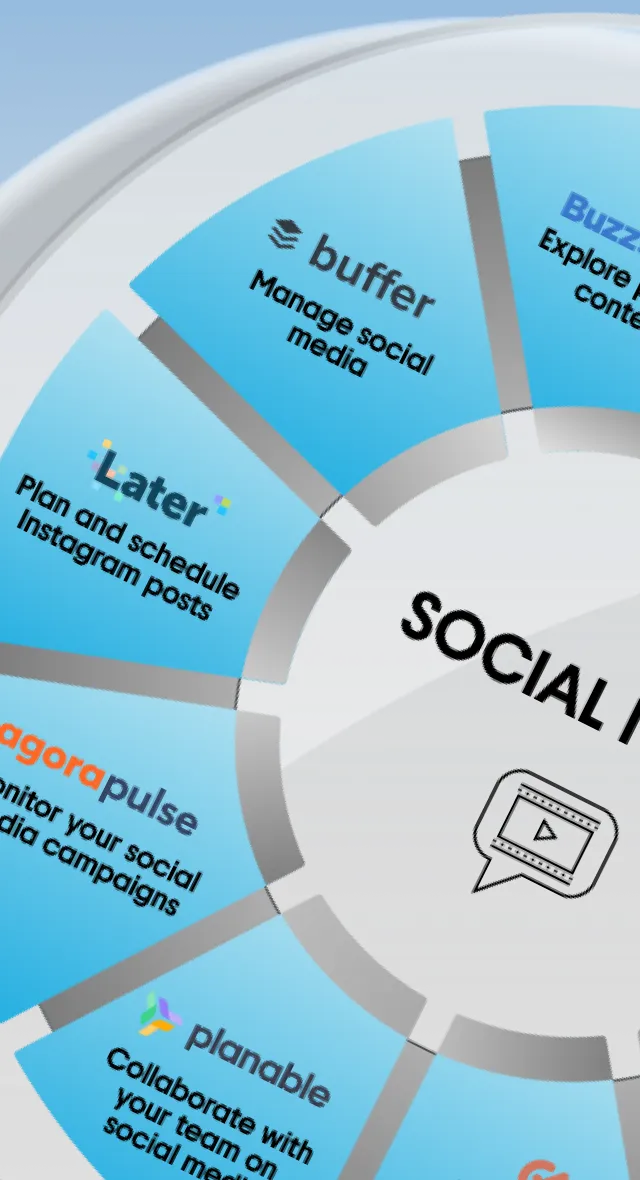Brand Affinity: Definitions, Benefits, and Key Strategies
In our competitive era, brand marketing is constantly changing: standard ads are no longer trusted, and consumers demand more authenticity. As with a number of other buzzwords, brand affinity has become a critical part of a successful marketing strategy. It is gaining more space among companies that want to build lasting and healthy relationships with their audience.
With the proper implementation of brand affinity, your brand’s odds of thriving will be much higher! Read on if you’re curious to learn more about building a brand that enjoys affinity with an audience and creates true brand ambassadors. We prepared this guide to show you why brand affinity is more than just a passing marketing trend!

What is brand affinity?
Brand affinity is the emotional connection between a brand and its customers. As simple as it is, people who share a brand’s values tend to buy its products and recommend them to others. Brand affinity, therefore, happens when consumers start to care about your brand, trust your communication, and relate to you more naturally.
Brand affinity highly influences the customer journey, being the driving force of clients’ buying decisions. When people share the same values with your company and enjoy the feelings while using your products, they most likely won’t switch brands. This emotional bond is so strong that it gives consumers more reasons to continue using your products.
While brand affinity and brand loyalty may sound similar, there is a difference. When consumers choose to work with or buy a product from a business repeatedly, it means they are loyal to the brand. They may do this because the business offers a high-quality product or has reasonable pricing. For brand affinity, customers’ perceptions of the company’s identity and emotional ties to it are more important. Brand affinity can support brand loyalty, especially if a business provides high-quality products. It takes your company to the next level, making clients your brand advocates.

Why is brand affinity important?
Along with brand awareness and loyalty, brand affinity is an essential marketing concept. Its benefits are explicit, starting with the fact that it helps reach new audiences, boost sales, and enhance brand recognition. Let’s look at it in more detail:
- Increase in sales. Customers are more likely to make purchases when they are emotionally connected to a brand. Since brand affinity can help you grow your customer base, this can also result in a sales increase. Additionally, customers who are affectionate for your brand have increased lifetime value, which also benefits your revenue.
- Brand awareness. Customers can choose to discuss a company they enjoy with others, sharing their feelings online or with friends. Conversations among customers can help you enter realms you couldn’t access before. This way, brand affinity can raise brand awareness and make customers consider your brand the best choice.
- Customer base growth. Consumers who enjoy a brand are more likely to recommend it to others. Since many people trust other people’s recommendations or friends’ opinions more than advertisements, customer referrals are very effective in growing the customer base. And if your clients care about your company, they are more likely to return.

How to increase brand affinity?
1. Understand the audience.
The primary step is to know your audience and what they care about. To build an emotional connection with clients, you need to clearly understand their core values, needs, wants, and preferences. Make sure you collect as many data sources as possible to create the most realistic and comprehensive picture possible. You can use interviews, surveys, reviews, and CRM data to research your customers’ beliefs and then identify how to connect with them through those values.
2. Know your brand associations.
Pay attention to what customers are saying about your brand. You can source this information from reviews or social media discussions, where consumers share their opinions on your company or products. Search for all mentions of your brand and look at the common ideas they identify your brand with. If there are specific qualities you wish your brand to be associated with, then search for those words within all the mentions of your brand.

3. Define the brand.
Before connecting with consumers over brand values, determine what defines your mission. Consider the target audience’s values so the business can use them as a guide to ensure brand consistency. Once you determine your values, try incorporating them into all staff and customer strategies. This means that the customer service in their communication and marketing team in their campaign strategy stay consistent and promote the brand in accordance with your values.
4. Maintain customer relationships.
People like to be a part of something big — it makes them feel valued. They surround themselves with like-minded people, and their common interest can be in your brand and the values you share. So, it’s your chance to build trustful and long-lasting relationships. To maintain them, you can have opinion polls, newsletters, regular social media posts, referral or customer loyalty programs, and much more. Your main task is to show that you care about your customers’ feelings and ideas.

5. Provide quality customer service.
Put more effort into offering your consumers high-quality service. Your staff represents your company, and customers will rate it based on their interactions with your support team. When customers contact your support service to request a refund or product exchange, ensure they do not feel offended or disappointed. Customers are willing to pay more for 24/7 support in their language, quick responses, personalized offers, and people who treat them like friends.
To wrap up
In the modern world, it’s not enough for your brand to be recognized. To be successful, your brand must resonate with the target audience, creating a strong emotional connection. Through brand affinity, you can increase your sales and build a strong brand with loyal customers. There are several strategies for building your brand affinity, but the main factor is that you should always keep in touch with your customers and stay relevant to them.
Other articles you might find interesting
Cause Marketing: Meaning, Benefits, and Top Strategies
What Is Nostalgia Marketing and How You Can Use It to Engage Your Audience
How to Communicate Your Brand’s Stance: 20+ Cases Concerning the War in Ukraine









